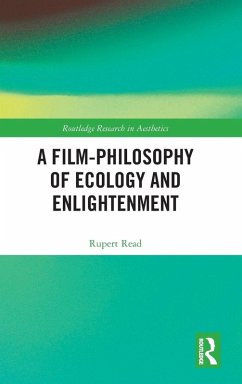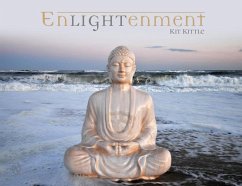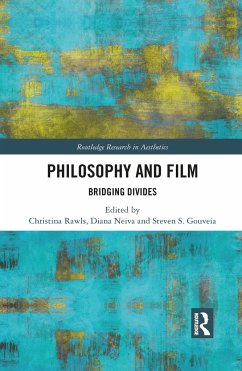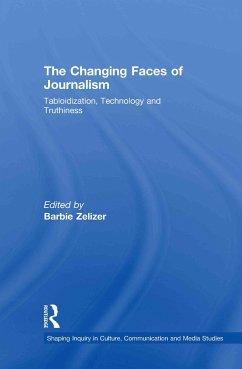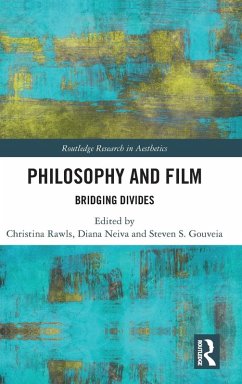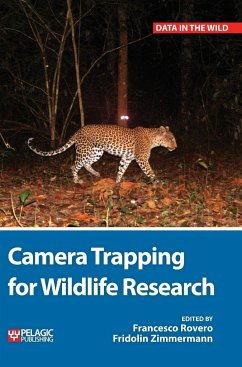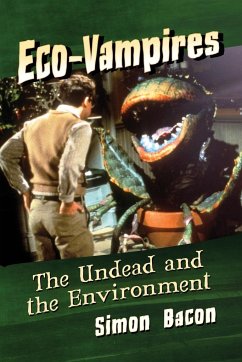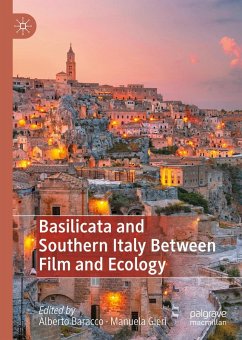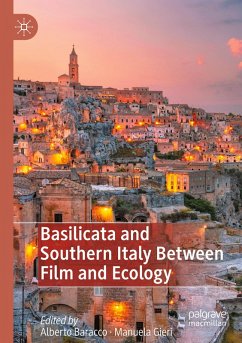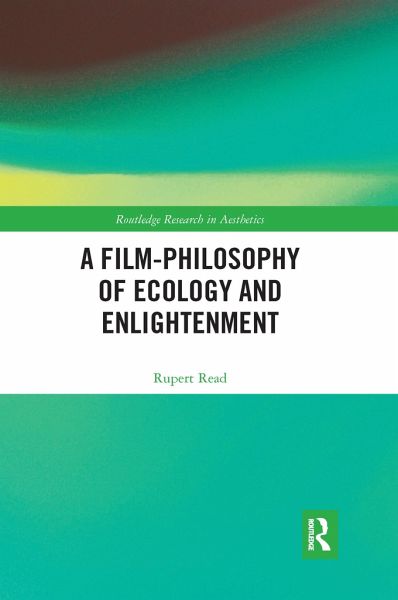
A Film-Philosophy of Ecology and Enlightenment
Versandkostenfrei!
Versandfertig in 1-2 Wochen
55,99 €
inkl. MwSt.
Weitere Ausgaben:

PAYBACK Punkte
28 °P sammeln!
Inspired by the philosophy of Wittgenstein and his idea that the purpose of real philosophical thinking is not to discover something new, but to show in a strikingly different light what is already there, this book provides philosophical readings of a number of 'arthouse' and Hollywood films. Each chapter contains a discussion of two films-one explored in greater detail and the other analyzed as a minor key which reveals the possibility for the book's ideas to be applied across different films, registers, and genres. The readings are not only interpretive, but they offer a way of thinking and ...
Inspired by the philosophy of Wittgenstein and his idea that the purpose of real philosophical thinking is not to discover something new, but to show in a strikingly different light what is already there, this book provides philosophical readings of a number of 'arthouse' and Hollywood films. Each chapter contains a discussion of two films-one explored in greater detail and the other analyzed as a minor key which reveals the possibility for the book's ideas to be applied across different films, registers, and genres. The readings are not only interpretive, but they offer a way of thinking and feeling about, with, and through films which is genuinely transformative. Rupert Read's main contention is that certain films can bring about a change in how we see the world. He advocates an ecological approach to film-philosophy analysis, arguing that film can re-shape the viewer's relationship to the environment and other living beings. The transformative 'wake-up call' of these films is enlightenment in its true sense. The result is a book that ambitiously aims to change, though film, how we think of ourselves and our place in the world, at a time when such change is more needed than ever before.





